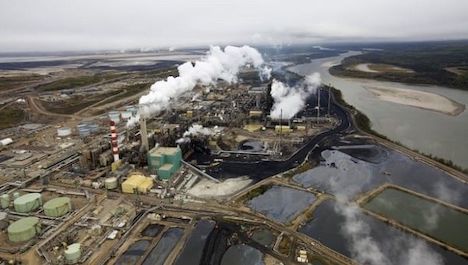Canadian Indigenous communities are disproportionately affected by toxic waste and hazardous material, United Nations Special Rapporteur on Human Rights Baskut Tuncak said Thursday. After spending two weeks in Canada to evaluate the nation’s progress on human rights and managing toxic substances, the U.N. expert surmised there is a clear lack of responsibility surrounding the disposal of these materials, particularly near Indigenous communities. “I was struck by the incredible proximity of the affected First Nation to dozens of intense chemical production and processing facilities, which resulted in incredible releases of pollution and waste affecting the [residents’] health,” Tuncak told the Guardian. From May 24 to June 6, the U.N. rapporteur traveled throughout the country, interviewing government officials, academics, Indigenous communities and businesses in Ottawa, Toronto, Edmonton, Montreal, Vancouver, Ontario, and Alberta. He reported high levels of mercury contamination in water and soil resources, a shocking lack of clean water, and a large quantity of toxins produced by petrochemical refineries, pesticides, and the infamous Muskrat Falls hydroelectric project — all dangerously close to schools and living communities. Testimonies reported disastrous effects on both physical and mental health within these communities, particularly from the impact on the loss of culture and land. The phrase “cultural genocide” was brought to the rapporteur’s attention on numerous occasions. “Canada leaves many questions to be answered regarding whether equal protections are afforded from toxic exposures, and why victims have been denied their right to an effective remedy for decades,” he said. “There is a pervasive pattern of inaction of the Canadian Government in the face of unquestionable risks and injustices from the cumulative impacts of toxic exposures. Indigenous peoples, the poor, children, older persons, workers, and people with disabilities are at grave risk of impacts on their human rights, compounded by a general inability to access justice that must be addressed,” Tuncak said. “It’s a question of political will. Canada has the financial ability and the technical capacity to do things better ... When it comes to environmental performance, its record on compliance leaves a lot of room for improvement,” he said. Source URL |
